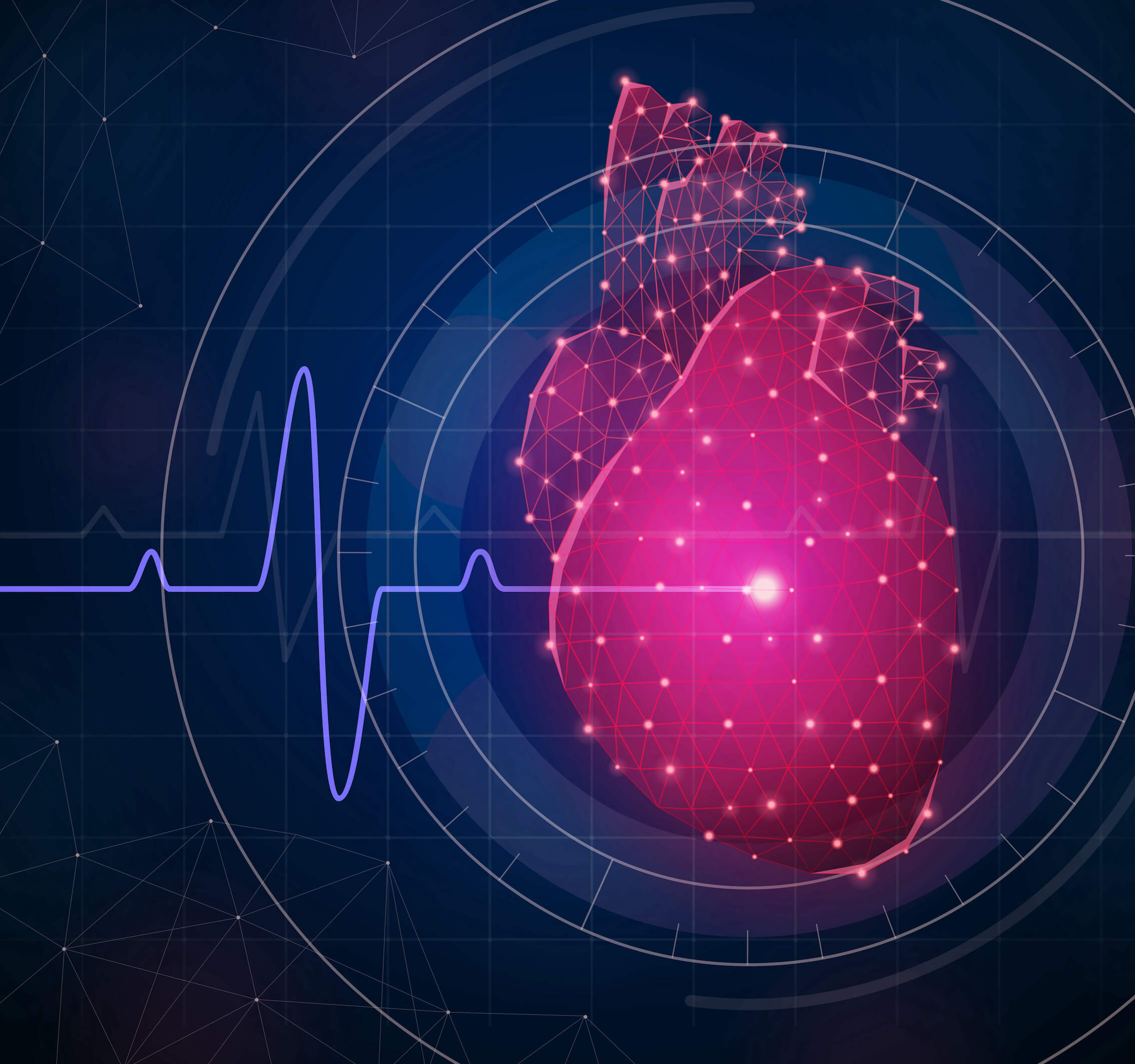Cardiology
Cardiovascular diseases cause 400 deaths per day, they are the first cause of death in women and in the over 65s and the second cause of death in men (French Federation of Cardiology).
Cardiovascular diseases: 400 deaths per day
Cardiovascular diseases cause 400 deaths per day, they are the first cause of death in women and in the over 65s and the second cause of death in men (French Federation of Cardiology). Excessive fat in the blood or “hyperlipidemia” is a major risk factor for cardiovascular disease. Similarly, excess inflammation has been associated with cardiovascular diseases such as heart attack, stroke and coronary heart disease.
Lipoprotein anomalies
Several studies have clearly established that abnormalities in blood cholesterol levels, mainly those associated with two types of lipoproteins: low-density lipoproteins (LDL), and high-density lipoproteins (HDL), have a strong influence on the risk of cardiovascular disease. Several other markers (of inflammation, triglycerides, VLDL, etc.) contribute to the development of atherosclerosis and cardiovascular risk. This is particularly the case for lipoprotein (a) (Lp(a)), one of the markers of cardiovascular disease.
People at risk
Studies to date indicate that people with Lp(a) levels above 0.5 g/L (Nordestgaard) or 125 nmol/l (NSFA), which corresponds to about 20% of the population, are 2 to 3 times more likely to suffer a heart attack or stroke than those with lower levels.
These inter-individual variations in Lp(a) blood levels are largely due to genetic factors. This strong genetic component is also illustrated by the low impact of lifestyle on Lp(a) blood levels, and drugs that lower LDL-cholesterol levels (statins) also do not reduce Lp(a) levels. However, the emergence of new therapies has shown that it is possible to reduce circulating Lp(a) levels and potentially reduce cardiovascular risk.
Recommendations of the French High Authority for Health
The French High Authority for Health (HAS, 2009) recommends the determination of apolipoprotein B (Apo B) in the diagnosis of dysbeta and hypobetalipoproteinemia and the determination of apolipoprotein A1 to confirm the determination of HDL-C in certain patients depending on other elements of the EAL.
Inflammation is also implicated in atherosclerosis, so cardiologists recommend ultra-sensitive CRP testing, which allows access to very low levels of C-reactive protein, between 0.5 and 5 mg/L. The aim is to implement a preventive approach in patients at risk.
Other markers for cardiovascular disease are used. Discover all Diagam assays dedicated to cardiology at the bottom of this page.

